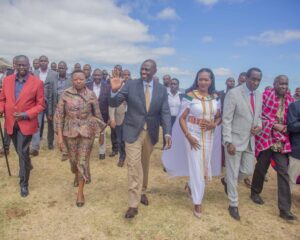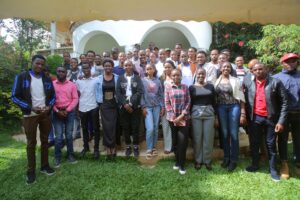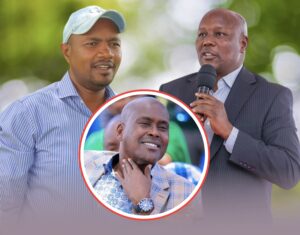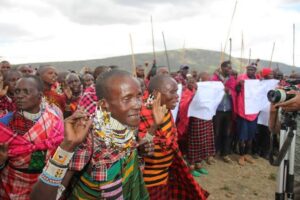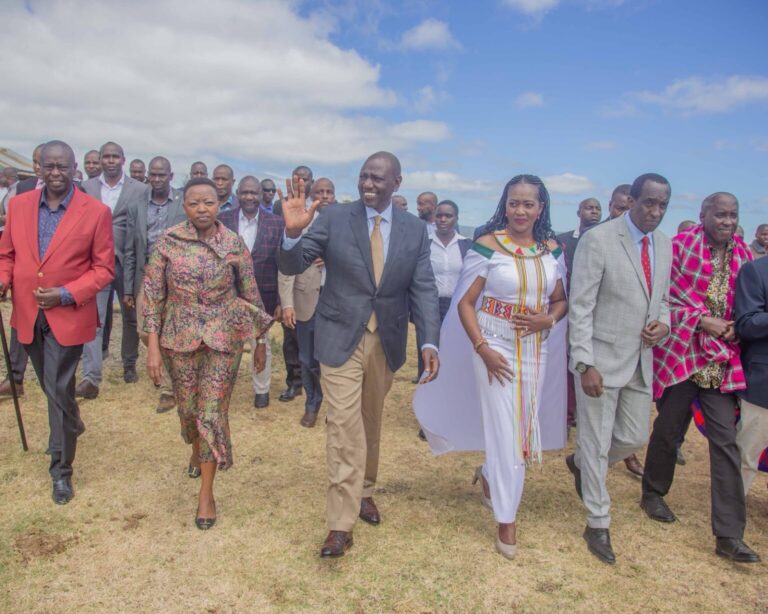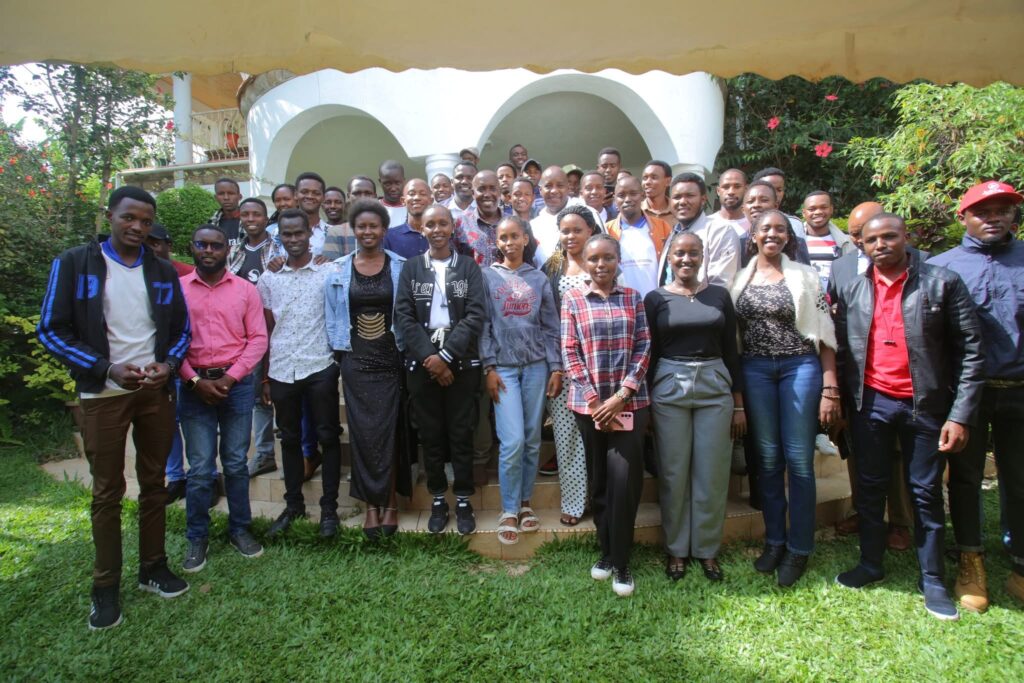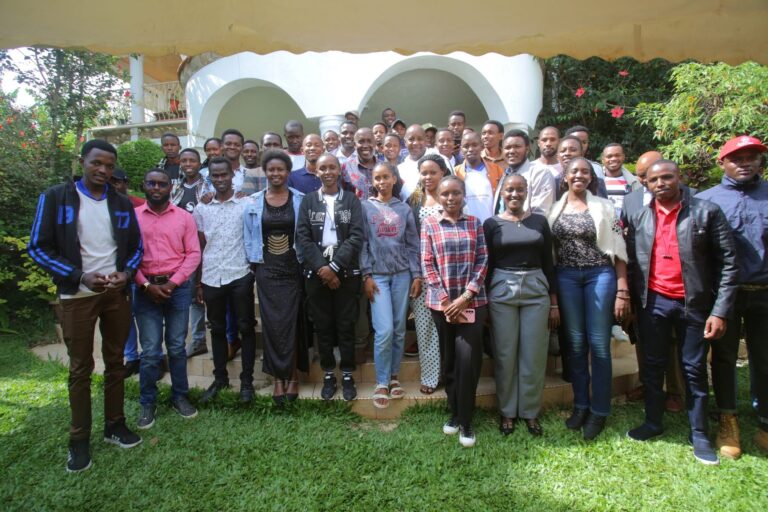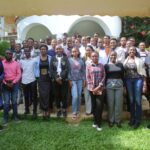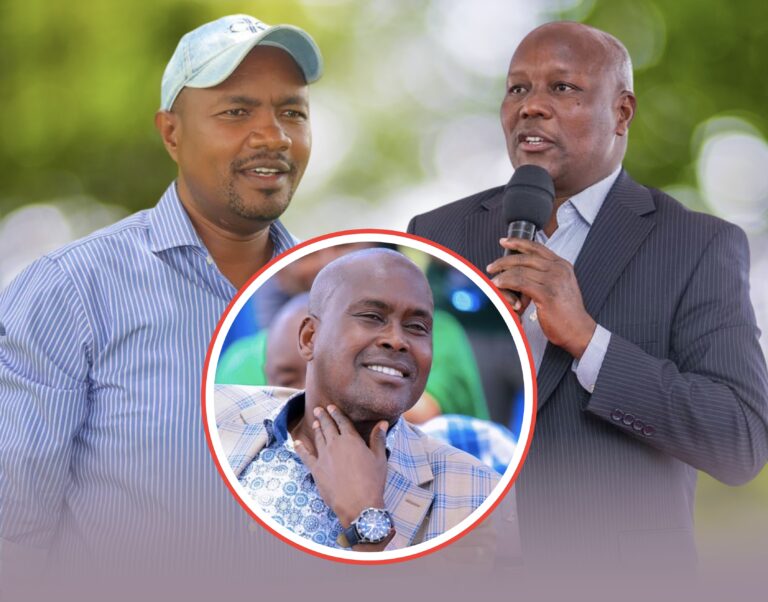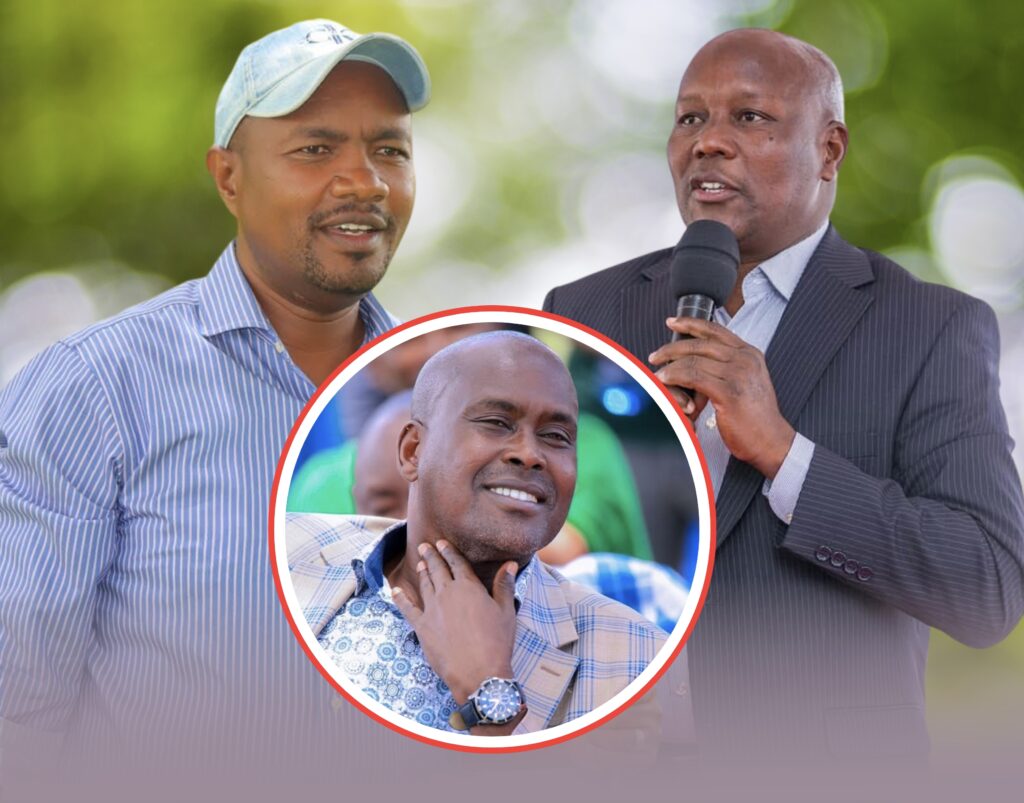Ilomon Lang
Olkeriai River on the Brink: How Sand Cartels and Policy Gaps are Draining Kajiado Dry
The Numbers Behind the Crisis
500+ trucks of sand leave Kajiado’s riverbeds every single day, bound for Nairobi, Athi River and Machakos.
100,000+ people in Kajiado depend directly or indirectly on the sand trade.
900% profit margins: transporters make up to nine times more than what locals earn per truck.
KSh 3,000 vs KSh 30,000: what villagers get for a lorry of sand vs what it sells for in Nairobi.
30% of pupils in Kenyawa division are involved in sand harvesting — fuelling school dropouts and child labour rates 3x higher than the national average.
Rainfall crash: from nearly 80mm in 2020 to just 5mm in 2023, worsening river drying.
38°C: mean annual temperatures, among the highest in recent years, accelerating evaporation.
Livestock deaths are rising as cattle drink saline water from degraded riverbeds.
Health toll: wells polluted by oil leaks; dust and noise triggering asthma, stomach illnesses and hearing damage in children.

